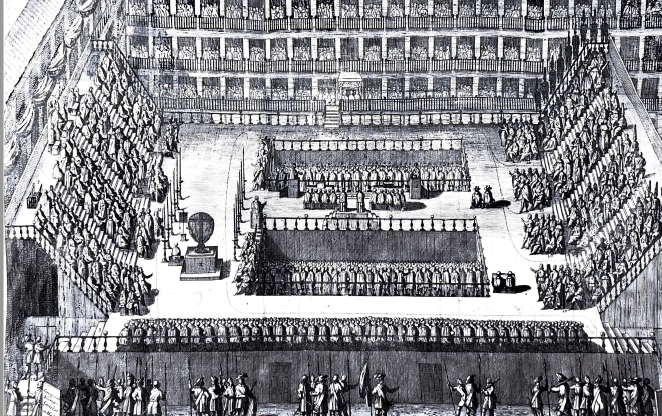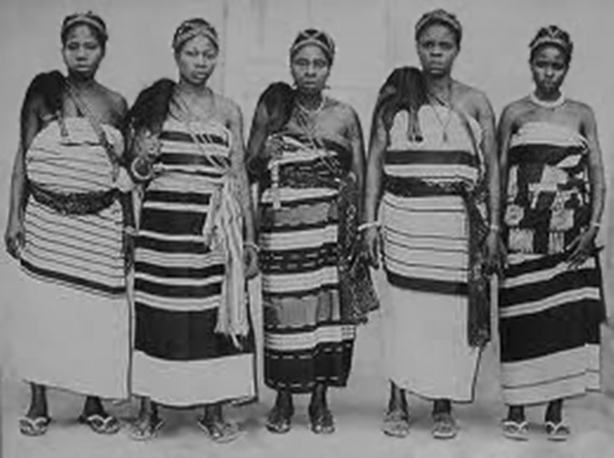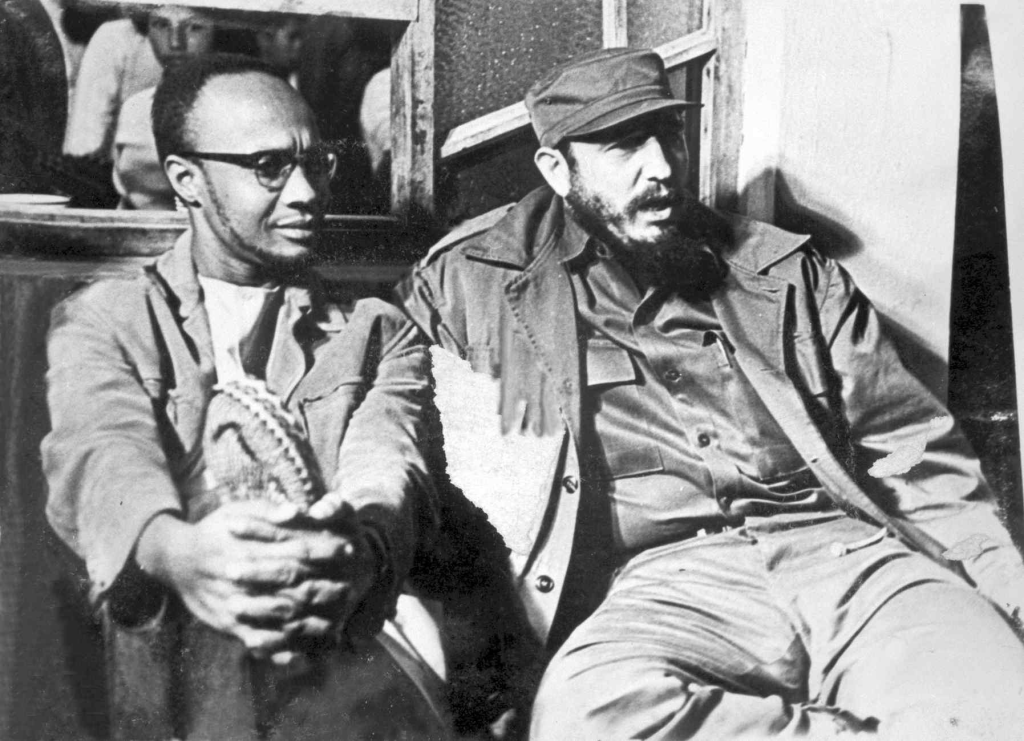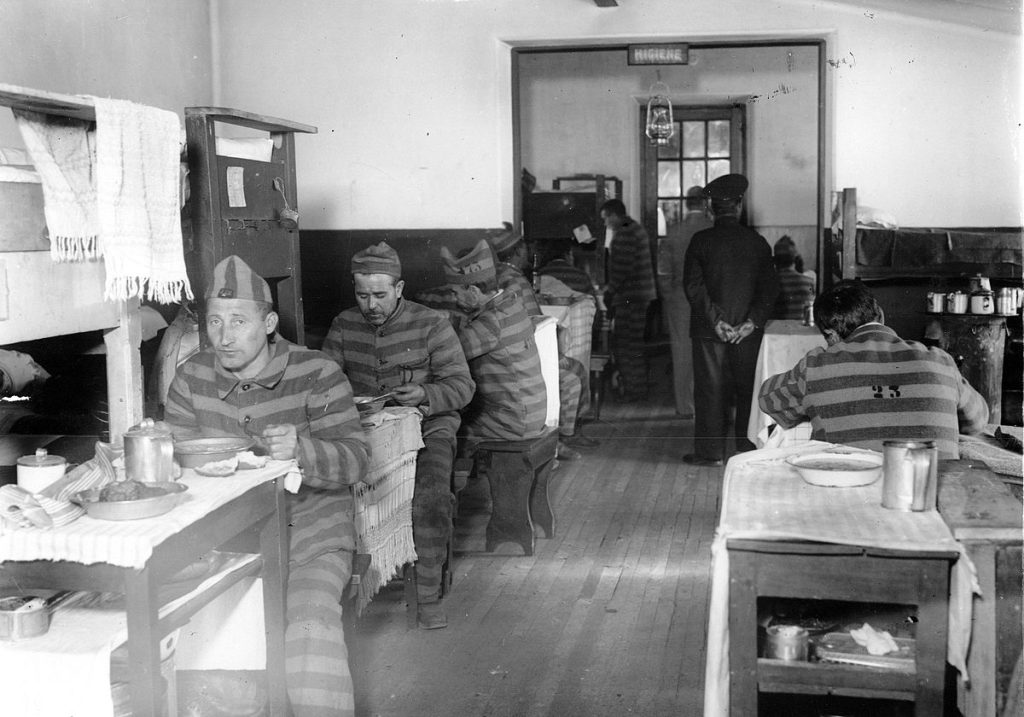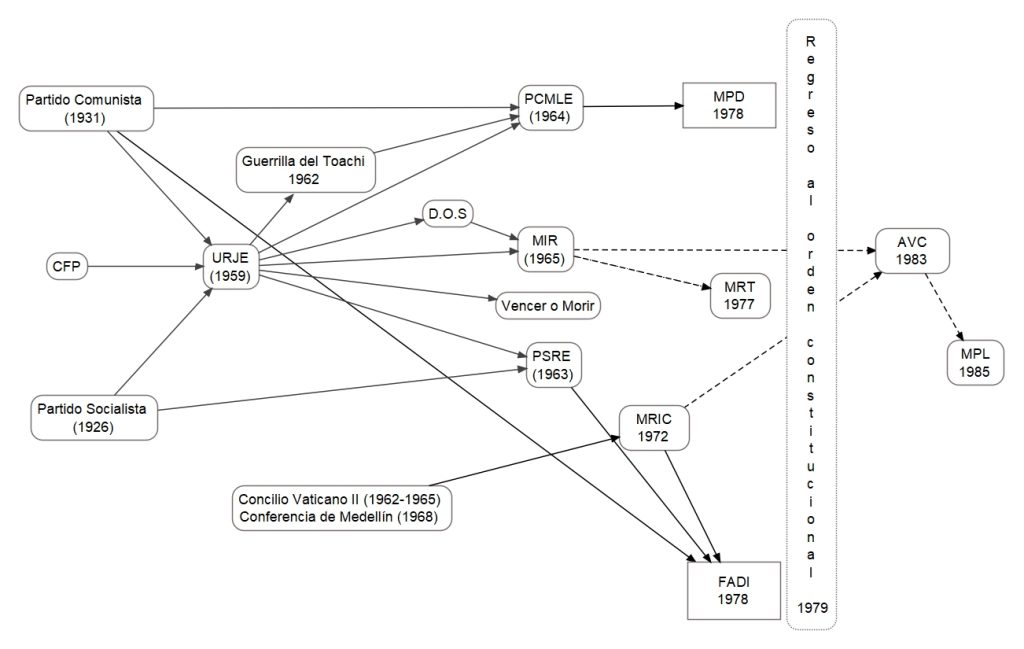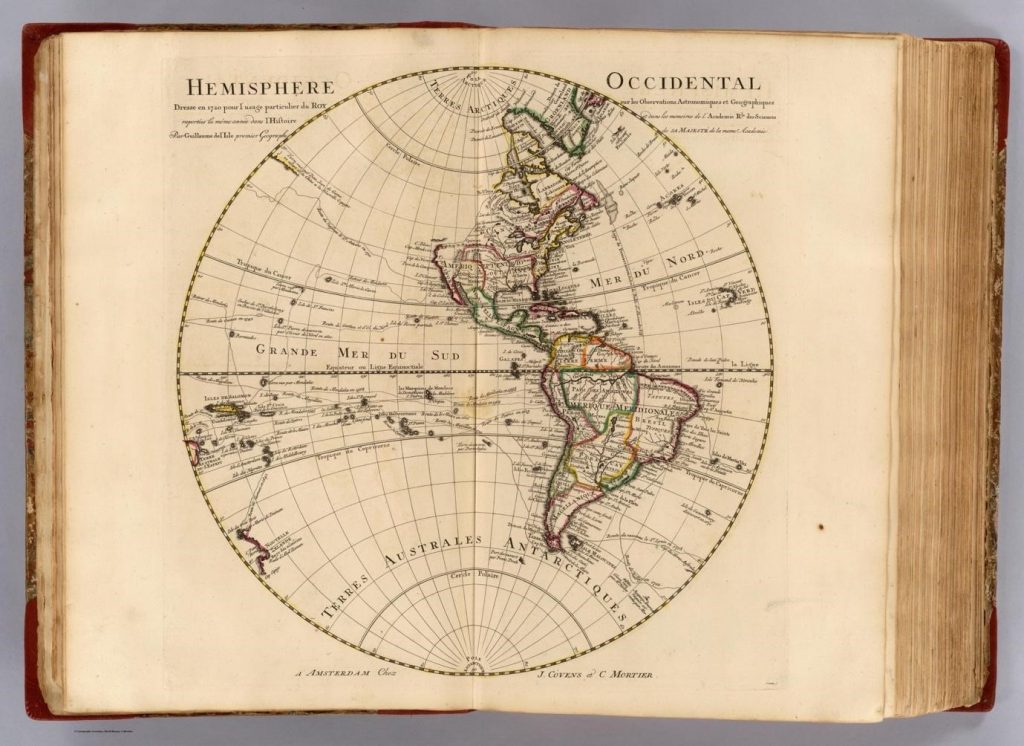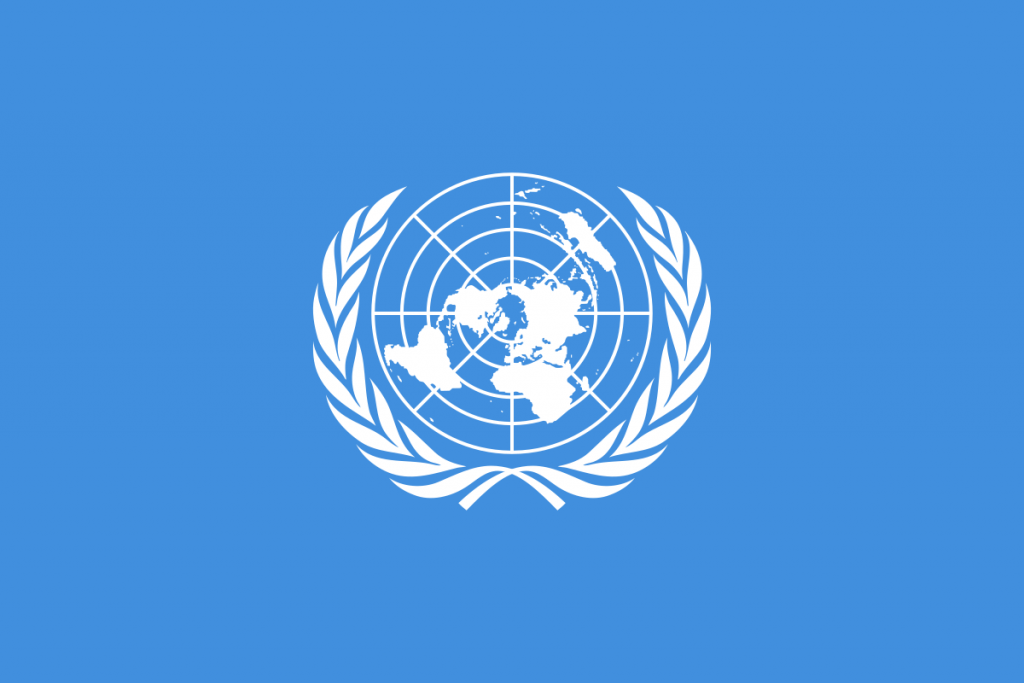By Amanda Summers The public may be most familiar with the Inquisition through Monty Python’s famous skit. “No one expects the Spanish Inquisition! Our chief weapon is surprise, fear, ruthless efficiency, an almost fanatical devotion to the Pope, nice red uniforms …”[1] The comedy troupe used humor to poke a little good natured fun at […]
By Emma Davies In November and December 1929, tens of thousands of African women in South-Eastern Nigeria danced, sang, and marched in protest against an enforced and exploitative British colonial policy of taxation, and against patriarchal legal structures. These events have since been referred to as the Women’s War, the Aba Riots, or Ogu Umunwaanyi.[1] […]
By Zeyad el Nabolsy The Basic Problem: Are There Peoples Outside History? In a speech delivered to the First Solidarity Conference of the Peoples of Africa, Asia, and Latin America held in Havana in January 1966, Cabral posed the question: “does history begin only from the moment of the launching of the phenomenon of class, […]
By Oliver Wilson-Nunn The ways in which we understand prisons are filtered through the lens, quite literally, of cinema and television. As criminologists have long remarked, the distance separating many of us, both socially and spatially, from these often-secretive institutions is such that moving images have come to be privileged windows—albeit dirty and cracked—onto this […]
By Sofia Lanchimba Velastegui During the 60s and 70s, a process of radicalization took place within the left-wing tradition that would reconfigure the militant camp and political identities. Beginning in 1959 with a massacre in Guayaquil, the increase and radicalization of protests in a scenario of economic crisis and the formation of URJE (Revolutionary Union […]
By Thomas Wright (tw546@york.ac.uk) During the fight for control of Central Kenya in the early years of the Mau Mau Emergency, authorities used collective punishments as the primary method to impose their dominance over the recalcitrant Kenyan countryside. Yet, in recent years, influenced as much by events in the media and court room as elsewhere, […]
By James Halcrow Kulangsu (Gulangyu) Island was host to Amoy’s (modern day Xiamen, in the Fujian Province, China) foreign resident community during the long nineteenth century. The port city had been forcibly opened to Western trading at the end of the First Opium War in 1842. By 1900, a population of around 280 foreign residents […]
By Jennifer Faith Gray In 1714, Captain George Winter of the Mary transhipped a cargo of 111 enslaved persons who had been purchased in Barbados to York River, Virginia, where enslaved labour was used to facilitate extensive tobacco cultivation. In the same year, Captain Robert Benn of the Charles transhipped a cargo of 177 enslaved […]
By Martin Duffy With modest space one is inclined to the discursive, but at the same time this essay will seek to present robust academic evidence for the opinions expressed. As a point of reference, one notes a recent monumental study of the UN, often-consulted in this essay (Daws and Weiss, 2018). As the writer […]
By Nicholas Troy In 1787, to prevent conflict with Spain, the British colony of Black River – the central node in a dynamic contraband trade on the Mosquito Coast – was evacuated. At the start of the same century, logger settlements in Yucatán and the Scots colony in Darien paid the price for defying Spanish […]
